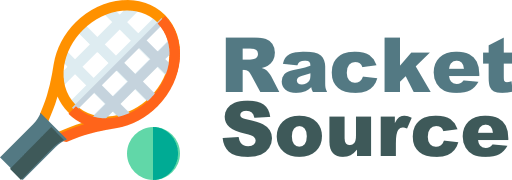Here are some of the steps you will need to take to become a Life Coach in Australia.
- Step 1: Complete your secondary education. …
- Step 2: Complete a course in coaching. …
- Step 3: Choose a specialty or niche. …
- Step 4: Market yourself. …
- What does a Life Coach do? …
- Skills for Success.
Keeping this in view, what degree do you need to be a tennis coach?
| Degree Required | Bachelor’s degree (recommended) |
|---|---|
| Certification | United States Professional Tennis Association (USPTA) or Professional Tennis Registry (PTR) |
| Job Growth (2018-2028) | 11%* (for coaches & scouts) |
| Median Salary (2018) | $33,780* (for coaches & scouts) |
One may also ask, do life coaches make money?
About becoming a coach, the average income of a life coach in the U.S. today is between $30,000 – $40,000. Only 10% to 20% or so make six-figure incomes, and many more life coaches don’t make anywhere near $30,000. It’s not an easy path, and clients simply will not fall in your lap.
Can anyone be a coach?
Because anybody can be a coach and so many people don’t necessarily realize this. You don’t need to attend The Coaching Institute of Hogwarts to become a coach. All of us are experts in something. … So now that you know anybody can become a coach, here’s how to get started and earn an income from it.
Is tennis coach a good career?
If you love tennis, and you have skill, tennis coaching is obviously a great career. As per any career in sports, there are going to be pros and cons, and ups and downs. The more you learn, the more chance you have of succeeding. The more you put yourself out there, the better a coach you are going to be.
Can you become a pro tennis player at 25?
As other answers have mentioned, “possible” is a word for wide interpretation. But the likelihood of someone becoming a tennis pro, starting at 25 is very, very little. It’s not impossible but it’s highly improbable because even not a single pro is there who started at that age and finished at the top of the game.
What does it take to go pro in tennis?
Once players reach a certain level of play or turn 19 years old, they are eligible to play on the USTA’s professional circuit. … Players must win or play at a very high-level at the junior and amateur level to be eligible for professional tournaments.
